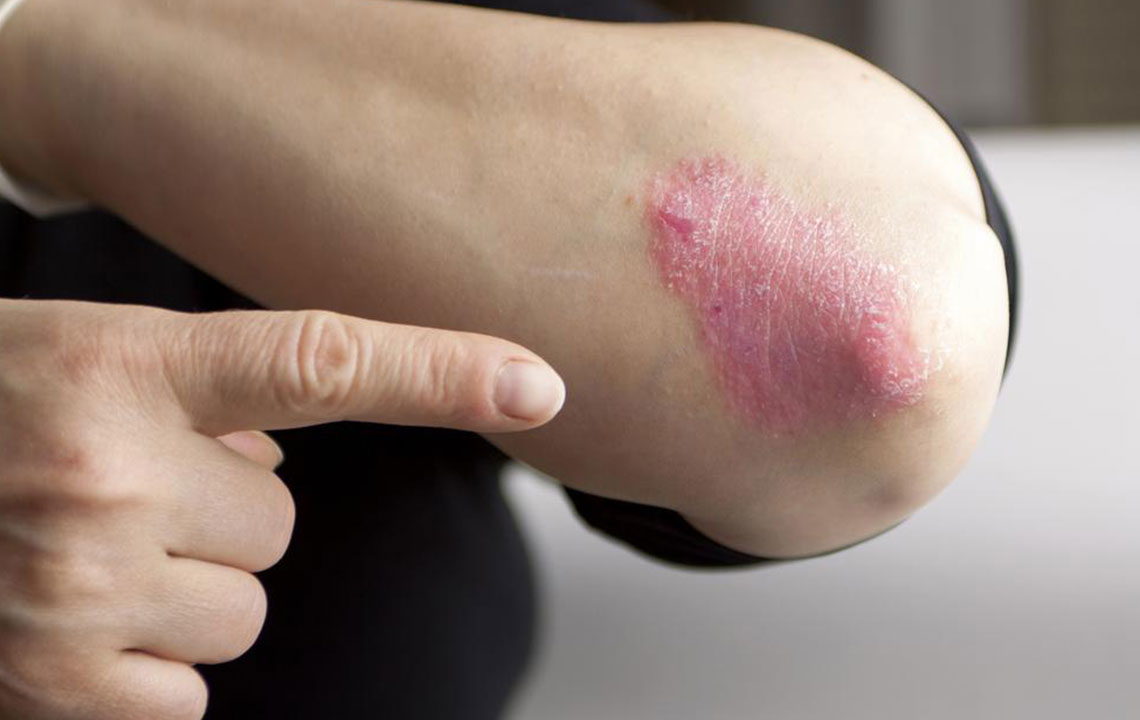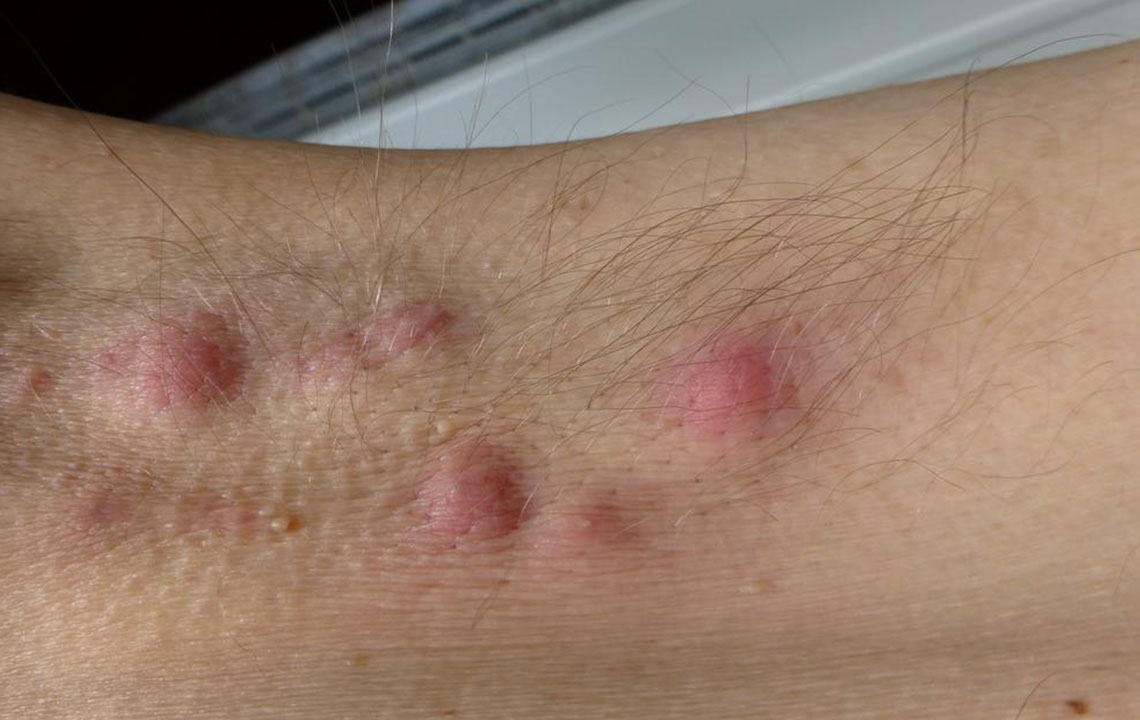Understanding Psoriasis: Symptoms, Causes, and Management Strategies
Psoriasis is an autoimmune skin disorder affecting millions. This article covers its symptoms, causes, diagnosis, dietary management, mental health impact, and treatment options. Early recognition and holistic care are essential for managing flare-ups and improving quality of life.
Sponsored

Psoriasis is a chronic autoimmune skin condition impacting around 7.5 million individuals nationwide. Normally, skin cells renew monthly, but in psoriasis, this process accelerates, leading to quick buildup and formation of patches and scales. Proper management through medication and lifestyle adjustments is essential. Recognizing the signs, causes, and triggers helps reduce flare-ups and improve quality of life.
What does psoriasis look like?
Symptoms differ based on the type but generally include red, scaly patches that may itch, crack, or bleed. Severe cases can cause these patches to merge or spread. Nail involvement may lead to discoloration, pitting, or detachment. Psoriatic arthritis can cause joint swelling and pain.
While the root cause remains unknown, genetics and environmental factors are believed to contribute. Triggers include skin injuries, stress, infections, or medical procedures. Psoriasis is not contagious, so there's no need for social isolation.
How is diagnosis made?
Often, individuals notice itchiness, redness, or scaling on their skin. However, self-diagnosis is discouraged. Visiting a healthcare professional is best. A doctor will examine common areas like the scalp, elbows, knees, and nails, and assess family history. If necessary, a skin biopsy will be performed to confirm the diagnosis.
Dietary tips for managing psoriasis
While diet changes are not curative, they can help control symptoms. Maintaining a healthy weight, consuming lean proteins, and including vitamin-rich foods aids in reducing flare-ups. Avoid inflammatory foods such as red meats, dairy products, processed foods, and excess sugar.
Stress management and mental health
Stress is a known trigger for psoriasis episodes. Techniques like meditation, yoga, and breathing exercises can help manage stress and decrease flare-up frequency. Seeking support from therapists or support groups can also bolster emotional resilience.
Psychological impact and emotional well-being
People with psoriasis often face emotional challenges, including lowered self-esteem and depression due to visible skin lesions. Social withdrawal may worsen feelings of loneliness. Joining support communities and practicing self-care helps improve emotional health and coping skills.
Treatment options for psoriasis
Although there’s no cure, treatments focus on reducing inflammation, scaling, and slowing skin cell production. Combining topical medications, light therapy, and lifestyle changes has proven effective. Phototherapy, involving UV exposure, can decrease immune response and skin inflammation, enhancing patient comfort and health.






